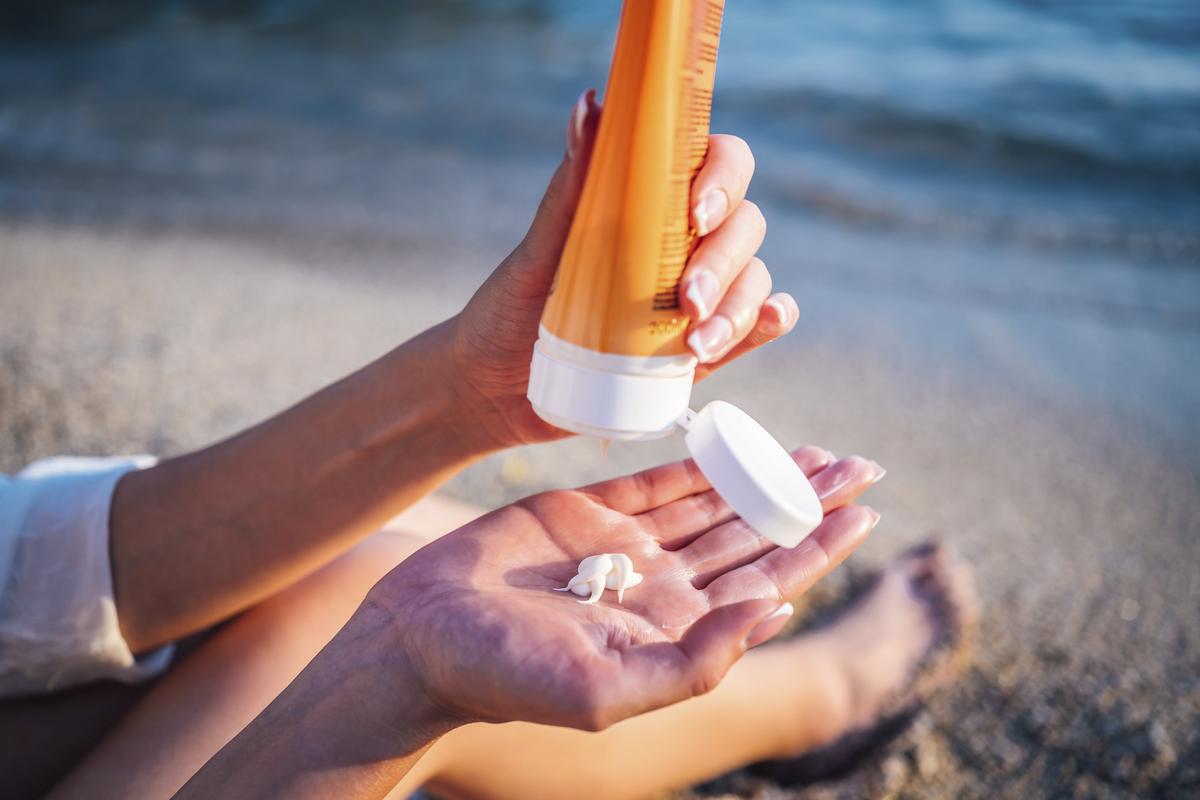– Advertisement –
– Advertisement –
– Advertisement –
BAKU, Sep 19 (AZERTAC/APP): Sunscreen protects your skin from harmful UV rays, but not all formulas are risk-free. Some potential side effects include irritation, breakouts, allergic reactions, or even worsened hyperpigmentation, according to HealthShots.
Sunscreen is a must-have in any skincare routine, helping protect your skin from harmful UV rays, premature ageing, and even skin cancer. But while most of us slather it on without a second thought, not all sunscreens may be safe for you. Some formulas can trigger unexpected side effects that go beyond a simple rash, from skin irritation and breakouts to allergic reactions or even affecting vitamin D absorption. Knowing what to watch out for can help you choose the safest option for your skin type and avoid hidden sunscreen side effects.
What are the hidden side effects of sunscreen?
Sunscreen is generally safe, but according to cosmetologist Dr Mahnaz Jahan Begum, several side effects that often go unnoticed are:
Some sunscreens, especially chemical ones or those with fragrances, can cause redness, stinging, or itching. People with sensitive skin may notice these reactions soon after application, making the skin feel uncomfortable.
Certain ingredients in your everyday sunscreen, like oxybenzone or preservatives, can trigger rashes, hives, or swelling in sensitive individuals. Even a small exposure can cause noticeable discomfort and sometimes requires switching to hypoallergenic options.
Thick, greasy, or oil-based sunscreens can clog pores, leading to pimples or blackheads. This is particularly common in oily or acne-prone skin types.
If sunscreen accidentally gets into the eyes, it can cause burning, redness, or excessive watering. It is best to apply carefully around the eyes and use formulations designed for sensitive areas.
In rare cases, certain sunscreen chemicals can make your skin more reactive to sunlight instead of protecting it. This can lead to redness, rashes, or sunburn despite proper application.
Some sunscreens can unintentionally make dark spots or melasma worse. Ingredients like fragrance or alcohol may irritate melanin-rich skin, triggering more pigmentation. It is best to choose sunscreens without irritants and with added iron oxides, which provide extra protection against visible light.
Sunscreen blocks UVB rays, which your skin needs to produce vitamin D naturally. While it’s often thought that sunscreen use could lead to vitamin D deficiency, studies show no clear link between regular sunscreen use and lower vitamin D levels, according to the Skin Cancer Organization. In fact, people who apply sunscreen daily can still maintain healthy vitamin D levels.
